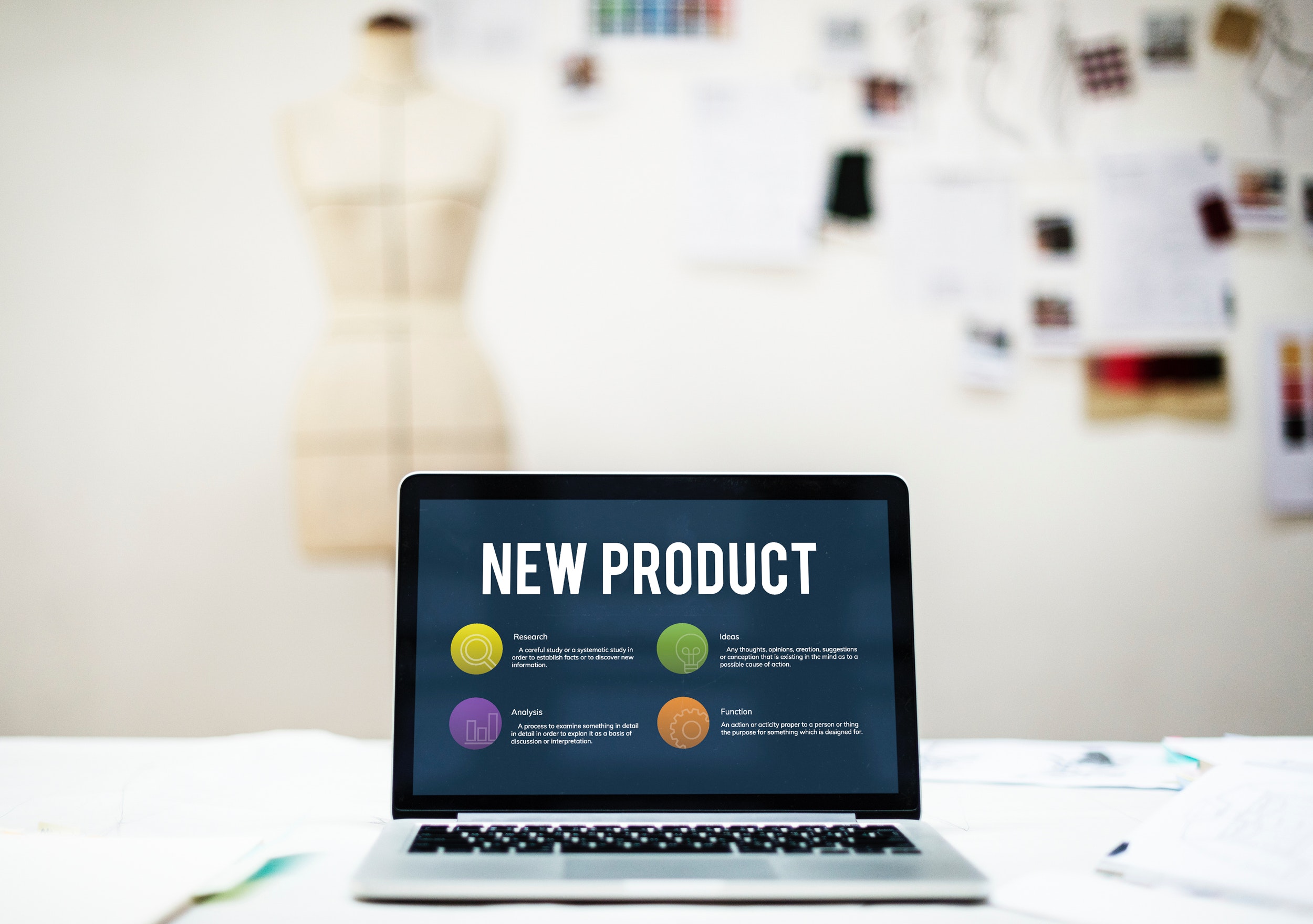If your website back-ends back-ends are breaking up, making your website crash (we feel your heart sinking at the prospect), it’s really not your fault. Recently, hundreds of WordPress websites crashed. If you were one of the victims, it must have been because you were doing the right things, like updating to PHP 7. To get to the bottom of the mystery for the WordPress website crashing, we know that you must always look at the most innocent looking suspect for being the culprit (We didn’t do anything to your website! Don’t look at us!). It literally is the fancy butler, your Revolution Slider that is at fault… but how?
It’s pretty simple. If you’ve updated your WordPress website to PHP 7, but your Revolution Slider hasn’t been updated, it causes these glitches. This incompatibility gives rise to issues at the back-end, leading to the back-ends breaking up. Fortunately, it’s nothing to worry about. Here are some of the things you could immediately do to resolve the issue for the time being:
- Reach out to your IT specialist
- Downgrade to an older version of PHP
- The solution above doesn’t provide any permanent solution. This will only treat the symptoms temporarily, not the disease. Older versions of PHP are either incompatible with your WordPress, or simply not as efficient. PHP 7 and above are officially recommended by every expert in the industry. So, you need to update the Revolution Slider to its latest version as well.
So how do we prevent this from happening at all?
A few simple steps can prevent such a dire mishap from ever happening, and these mostly just include some healthy practices.Our developers at Computan recommend the following:
- If your web host is WP Engine, this is an issue you’d face most frequently. Whenever there’s an update, WP engine sends an email to all its hosting subscribers with at least a month’s notice. Check those emails regularly.
- If there’s an upcoming update, you could either respond to the email (ie. to the hosting support) or get a developer on your team to work on it.
- You can ask your developers if your environment (your website code) is ready to be updated. They can ensure that everything is compatible with the upgraded versions.
- Ask your developers (although they’d do this themselves as well) to set up a test drive to ensure that everything is running without a glitch. The WP Engine official website, itself, offers the tool called PHP Test Driver. You could use this yourself, and you could contact your developers if an error does come up, They’ll review and resolve the issue, and make the upgraded version go live, or leave it to the host to update it when the official deadline comes to pass.
This time, it was the unsuspected Revolution Slider that caused the trouble. Next time, it could be something else. But now, we believe you know what to do to prevent such inconveniences.



